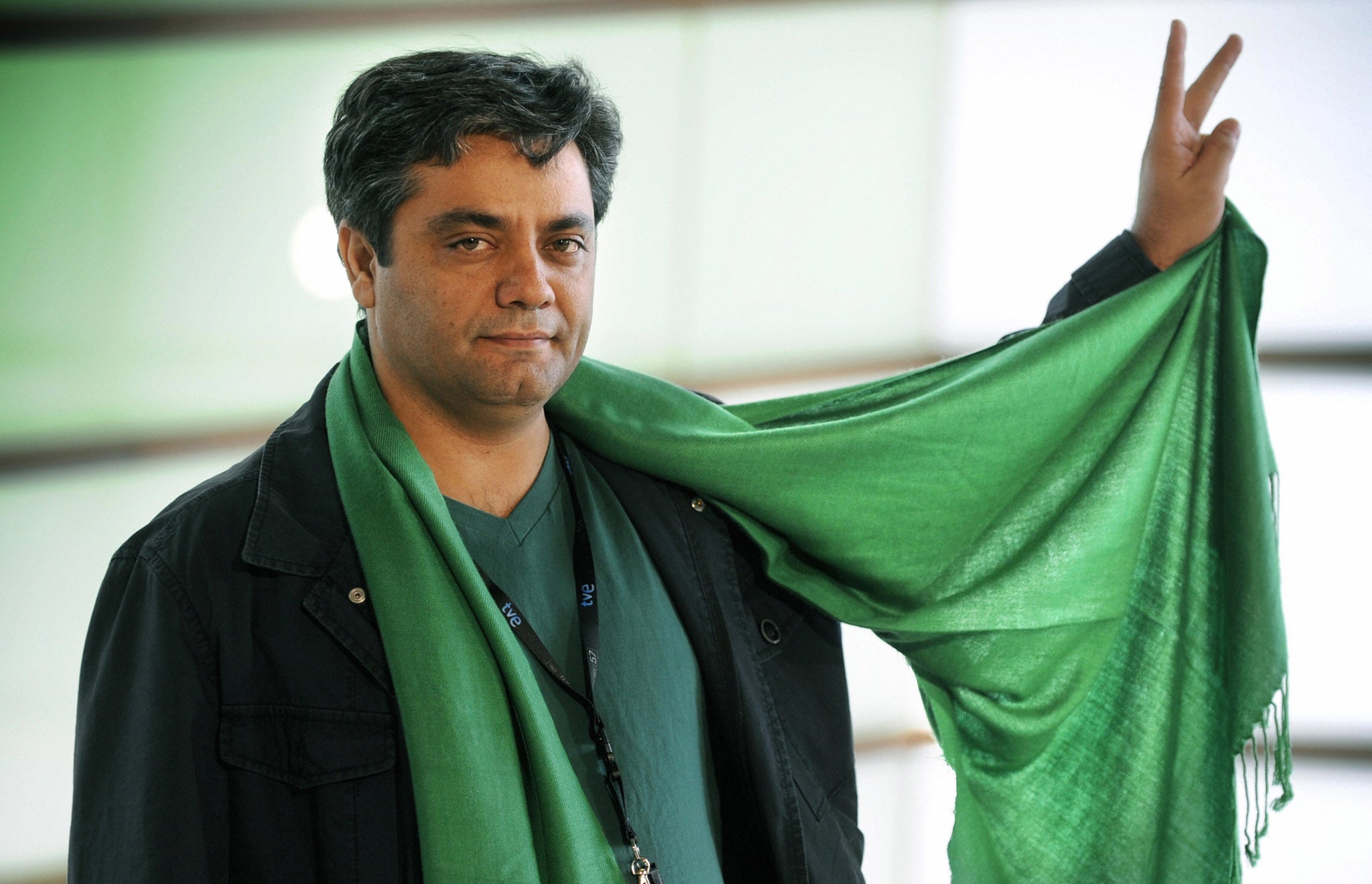Banned Iranian director Mohammad Rasoulof to attend Cannes Film Festival 2013, his first public appearance since prison
Three years after he was imprisoned for alleged anti-regime propaganda, the director is bringing a new secretly filmed feature to the festival called Manuscripts Don't Burn

Your support helps us to tell the story
From reproductive rights to climate change to Big Tech, The Independent is on the ground when the story is developing. Whether it's investigating the financials of Elon Musk's pro-Trump PAC or producing our latest documentary, 'The A Word', which shines a light on the American women fighting for reproductive rights, we know how important it is to parse out the facts from the messaging.
At such a critical moment in US history, we need reporters on the ground. Your donation allows us to keep sending journalists to speak to both sides of the story.
The Independent is trusted by Americans across the entire political spectrum. And unlike many other quality news outlets, we choose not to lock Americans out of our reporting and analysis with paywalls. We believe quality journalism should be available to everyone, paid for by those who can afford it.
Your support makes all the difference.An Iranian director not seen in public since being sentenced to six years in prison for alleged anti-regime propaganda is to make a triumphant return at the Cannes film festival tomorrow.
Mohammad Rasoulof will be presenting his film Manuscripts Don’t Burn - made secretly in Iran - on Friday, The Independent can reveal.
Rasoulof has not been seen in public since being jailed, as well as banned from making films and travelling outside Iran for 20 years, in December 2010. His six-year term was later reduced to one year on appeal.
Secrecy has surrounded his latest film ever since Cannes festival director Thierry Frémaux announced that a new Rasoulof film would be appearing at Cannes. While announcing the festival programme, Frémeaux said: “The Cannes Film Festival has always helped filmmakers in difficulty, some whom are banned from making films as is the case of Mohammed Rasoulof… He brought us film that he shot clandestinely in Iran and other parts of the world called Anonymous.”
He added ominously: “Mohammed Rasoulof has some problems with the government of his country, this film will not improve his relations with his government.’
Anonymous was removed from the official list of titles in the run up to Cannes, with officials saying that it had been withdrawn, and there was confusion for some time with a film Rasoulof remaining on the catalogue but with another name: Manuscripts Don’t Burn.
Rasoulof has plenty of reason to be worried about the repercussions of showing his new film. In 2011, Iranian actress Marzieh Vafamehr was sentenced to one year in jail and given 90 lashes for her role in Australian-produced film My Tehran for Sale, about the limits imposed on artists in the Islamic republic.
When his previous film Goodbye won the best director prize in the Un Certain Regard section at the festival in 2011, Rasoulof’s wife had to pick up the prize as neither Rasoulof nor fellow director Jafar Panahi - arrested and sentenced at the same time as Rasoulof - had been allowed to attend international film festivals after their sentences were handed down.
Rasoulof will be attending a press screening of his film at 11am on Friday and the official premiere in the afternoon.
The new film, according to a synopsis released by sales agent Elle Driver, is about a former Iranian political prisoner and author named Kasra, who manages to secretly write his memoirs despite being under constant surveillance by state security apparatus.
The stories Kasra writes are related to his time in jail as well as different events connected to his life as an intellectual in Iran. Kasra has prepared everything in order to publish these writings and is getting ready to leave the country but security service agents uncover his plans. They will do anything to destroy the manuscripts.
Such is the lack of information, however, this differes from the synopsis in the official festival catalogue. It reads: “Khosrow and Morteza set out on a mission to kill someone. The assassination ought to be revealed as a suicide. At the last minute however, they are obliged to change their initial plans.”
Rasoulof has previous directed four films: The Twilight (2002), Iron Island (2005), The White Meadows (2009) and Goodbye (2011).
He was arrested on March 1 2010 alongside Jafar Panahi and 17 others. At the time, he was supposedly helping to make a film in support of the ‘Green’ opposition movement leader Mir-Hossein Mousavi.
Rasoulof spent 17 days in jail before being released on bail. But on 20 December 2010, both Rasoulof and Panahi were sentenced for “assembly and colluding with the intention to commit crimes against the country’s national security and propaganda against the Islamic Republic”.
Join our commenting forum
Join thought-provoking conversations, follow other Independent readers and see their replies
Comments